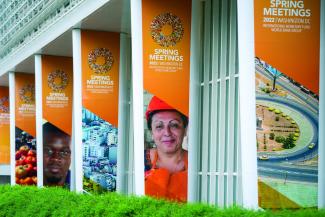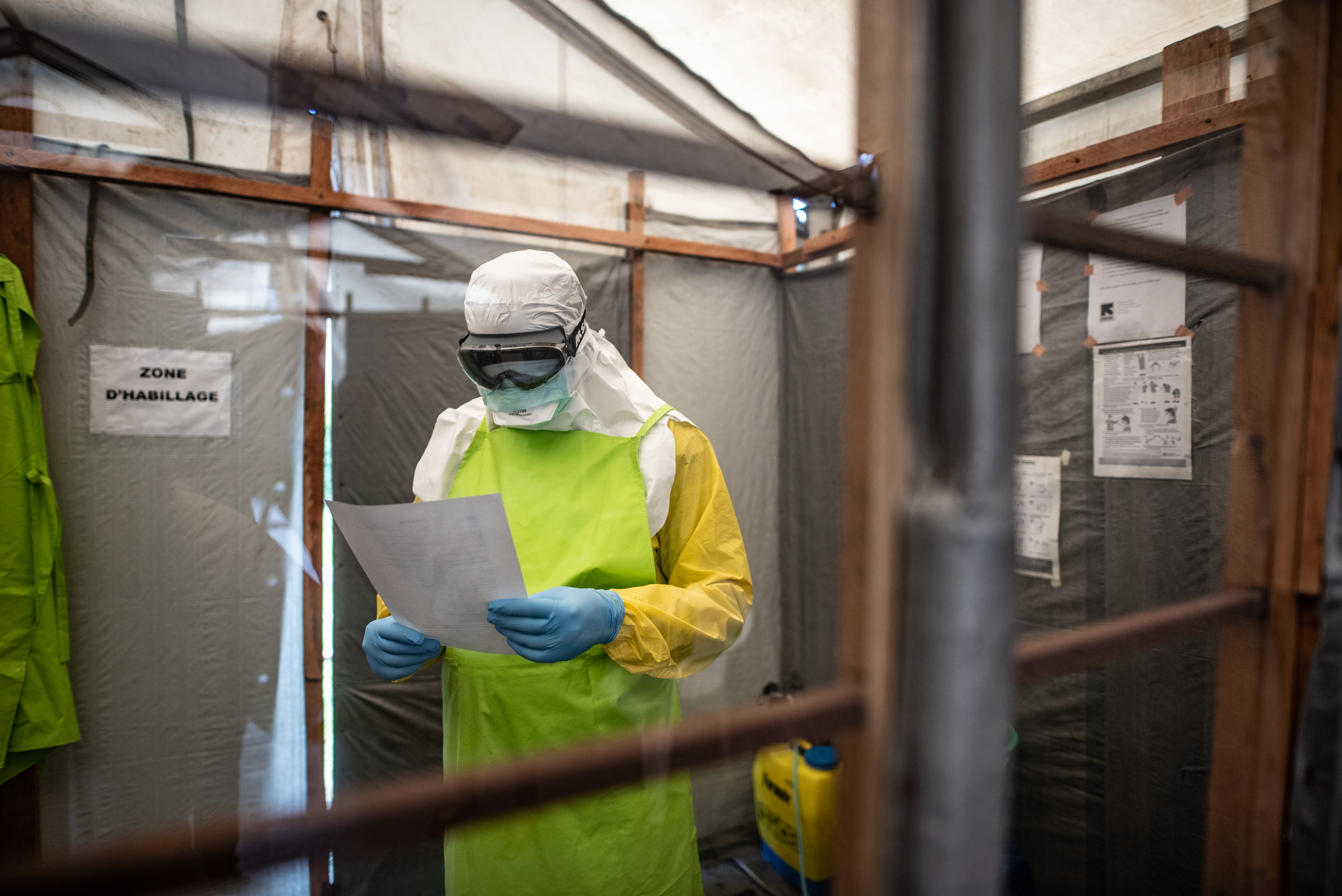Overview multilateral policymaking
Global problems require global solutions

Humankind must rise to daunting global challenges – including global heating, world hunger and disease control, to name only three. More generally speaking, the United Nations’ entire 2030 agenda of sustainable development goals depends on multilateral policy-making. Safeguarding peace may actually be the most important. Without it, international cooperation cannot succeed.
Nonetheless, populist forces have been agitating against the institutions of global governance in recent years, arguing that they thwart national sovereignty. Such propaganda, however, often serves the interests of the superrich. It does not help the angry people it tends to appeal to. Plutocrats, who benefit from tax havens and like to pit government against government, are keen on protecting their special interests. It means resisting global cooperation to protect the environment, reduce inequality and raise taxes. I spelled out why the term plutocrat populism makes sense in a comment.
To resist such forces, a better understanding of global governance is necessary.
Risk of global recession
Economies around the world are exposed to detrimental impacts of international crises. Multilateral cooperation is needed to mitigate the impacts and manage the crises. The International Monetary Fund (IMF) and multilateral banks have a crucial role to play. As the Argentinian economist José Siaba Serrate elaborates, their effectiveness ultimately depends on superpowers cooperating responsibly.
In this difficult scenario, the G20 summit in Bali in November proved more encouraging than many expected. The good news was that the world’s leading national policymakers do not deny the host of problems our species is facing. According to the Indonesian economist Iwan J. Azis, the summit declaration adds up to many small steps in the right direction, though it does not offer a grand plan to solve all problems.
The G20, of course, is hamstrung by the fact that its members are adversaries and even enemies. Global cooperation requires peace, which cannot be said too often, especially after Russia invaded Ukraine, compounding many global problems.
Questions of peace
The most important global public good is arguably peace. The UN was established after World War II to ensure humankind would live in peace. It has neither been a complete failure, though the Ukraine war is the latest proof that it has not been a spectacular success either. Too often, it has proved unable to fully live up to its mandate. Anna-Katharina Hornidge of the German Institute of Development and Sustainability (IDOS) shared her insights with me in an interview.
In past decades, war between sovereign nations has become rare, while civil wars have rocked many countries. It would be a mistake, however, to believe that internal strife only affects the country where it erupts. The escalating security crisis in Western Africa is an example of how fragile statehood transcends borders – and why it deserves global attention. In an interview, Lori-Anne Théroux-Bénoni of the Institute for Security Studies (ISS Africa), which has its head office in South Africa, told me about international and global ramifications of Islamist insurgencies in West Africa.
The UN is useful, but not useful enough
The typical pattern of the UN is that it does useful work, but more needs to happen. That is not only true in regard to safeguarding peace. As my colleague Jörg Döbereiner of D+C/E+Z argues, the UN climate summit in Sharm-el-Sheikh in November fits the picture too.
It will not come as a surprise that the UN Environment Programme is not entirely up to task either. David Mfitumkiza, a Ugandan climate scholar, discussed its shortcomings and how to improve matters on our platform.
The World Health Organization (WHO) is another example. It played a crucial role in containing the Covid-19 pandemic, but could have done more, had it had more authority and resources. Anton Sundberg and Andreas Wulf of medico international, a Frankfurt-based non-governmental organisation, point out why the WHO deserves to get more money and more say.
Why there is so little trust in western governments
High-income countries have a pattern of calling for better global governance when it suits them. They would be more convincing if they systematically acted in pursuit of the international common good. If they can afford to do so, however they all too often prioritise national interests. André de Mello e Souza explains how high-interest rates in the USA are causing stress in developing countries and emerging markets.
That many governments are uncomfortable with western leadership has become particularly evident in the context of the Ukraine War. That is why many of them have shied away from condemning Russia’s aggression in the UN context. Kai Ambos, a German law professor, argues that western governments are paying a price for not consistently adhering to international law themselves.
To improve things, high-income countries must regain credibility by living up to their promises. Unfortunately, the history of the World Trade Organization (WTO) is also one of expectations they raised but did not make come true. Together with my co-author, Alphonce Shiundu, a Kenyan journalist, I spelled out why the WTO’s Doha Development Round resulted in disappointment.
Opposition to the west does not add up to a coherent agenda
The governments of developing countries and emerging markets thus have ample reason to feel frustrated. It is true that western governments often either dominate multilateral decision making or block it. In an attempt to counter former colonial powers, Brazil, Russia, India, China and South Africa have teamed up and formed the BRICS. However, they lack a coherent agenda, according to Praveen Jha of Jawaharlal Nehru University in Delhi.
At the same time, Chinese efforts to build alliances must not be underestimated. Berthold M. Kuhn and Dimitrios L. Margellos of Berlin’s Free University spell out how Beijing has increased its clout internationally. They admonish western leaders to pay attention.
The plain truth is that policymakers must consider the global public good. It would help if the media encouraged them to do so. In my eyes, our professional community often fails to live up to that obligation. It we focused more on global public goods and made a stronger effort to avoid the conventional narratives we are used in national affairs, policymakers might feel more pressure to do so too. I made the case in a comment on our website.
Hans Dembowski is the editor in chief of D+C Development and Cooperation /E+Z Entwicklung und Zusammenarbeit.
euz.editor@dandc.eu













